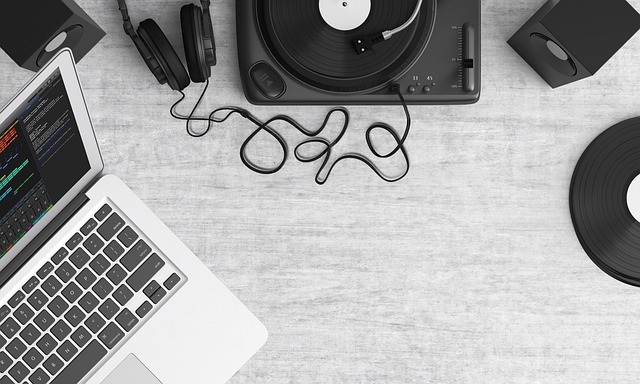https://aiode.com/product have revolutionized music production by providing unprecedented creative possibilities, from generating melodies and harmonies to mimicking renowned artists' styles. These tools analyze vast datasets, enabling musicians to explore new sounds and genres while streamlining production cycles. With advanced features like automatic arrangement, mixing, and mastering, AI empowers creators at all levels to focus on their artistic vision. As AI continues to evolve, it promises exciting collaborations and high-quality results, but also raises ethical concerns about job displacement and artistic integrity that must be addressed.
“Dive into the future of music production with our comprehensive guide on AI music tools. In this blog, we explore how artificial intelligence is revolutionizing creative processes for musicians and producers alike. From unlocking new creative possibilities to enhancing composition and mixing, AI music tools are transforming the industry.
Discover how these innovative technologies work in ‘Understanding AI Music Tools’ and delve into real-world applications that showcase their potential. Uncover the ethical considerations shaping the future of AI in music production.”
- The Rise of AI in Music Production: Unlocking Creative Possibilities
- Understanding AI Music Tools: A Beginner's Guide
- Enhancing Composition and Songwriting with AI Algorithms
- AI for Music Mixing and Mastering: Achieving Professional Sound
- Ethical Considerations and the Future of AI in the Music Industry
- Real-World Applications: Success Stories of AI Music Integration
The Rise of AI in Music Production: Unlocking Creative Possibilities
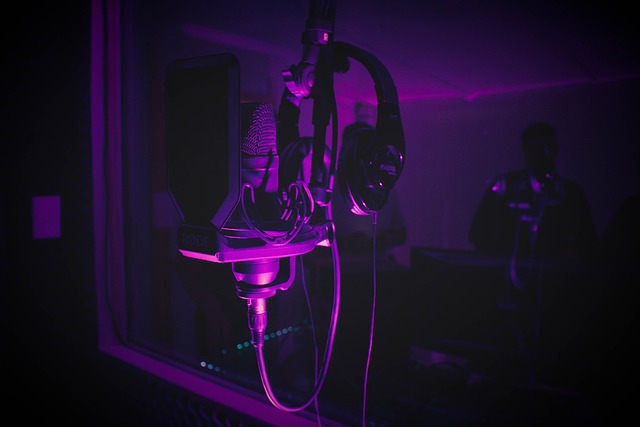
The integration of artificial intelligence (AI) in music production has marked a significant shift, opening doors to unprecedented creative possibilities for musicians and producers worldwide. AI music tools have evolved from experimental concepts to indispensable resources, offering a new dimension to artistic expression. These tools can generate melodies, harmonize vocals, compose entire tracks, and even mimic the styles of renowned artists, all while saving time and providing a source of inspiration.
With their ability to analyze vast datasets of musical patterns and structures, AI music tools empower creators to explore innovative sounds and experiment with diverse genres. They allow for faster production cycles, enabling musicians to focus on refining their craft rather than spending hours on repetitive tasks. As AI continues to advance, its role in shaping the future of music becomes increasingly prominent, promising exciting avenues for both established and aspiring artists.
Understanding AI Music Tools: A Beginner's Guide
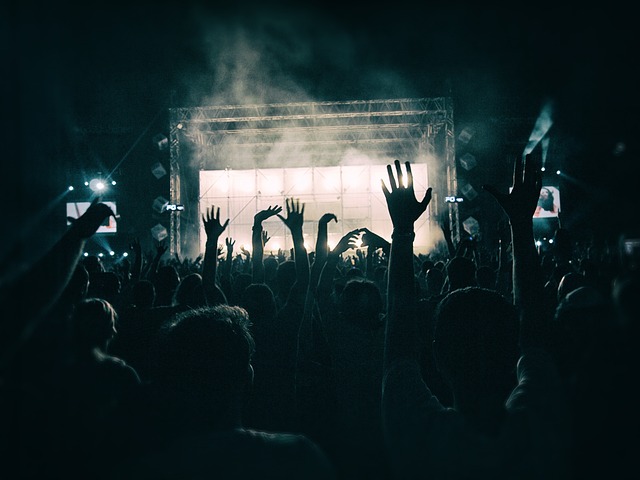
AI music tools are transforming the way musicians and producers create, offering unprecedented access to innovative sound design and production techniques. These tools leverage advanced algorithms to generate melodies, harmonies, and even entire compositions, providing a vast array of creative possibilities. From generating initial ideas to enhancing and automating post-production tasks, AI music tools cater to every step of the musical journey, regardless of skill level or experience.
For beginners, understanding these tools often starts with recognizing their versatility. Whether you’re composing for film, crafting electronic dance tracks, or exploring ambient sounds, AI models can adapt to various genres and styles. Basic operations like generating a chord progression or creating a rhythmic pattern are just the beginning; more advanced features include automatic arrangement, mixing, and mastering, allowing users to focus on refining their musical vision rather than technical intricacies.
Enhancing Composition and Songwriting with AI Algorithms

AI music tools are revolutionizing the way musicians and producers craft their art, offering an array of innovative features to enhance composition and songwriting processes. These algorithms can analyze vast musical datasets to generate unique melodies, harmonies, and even entire songs, providing a creative spark for artists. By understanding patterns in existing music, AI models can suggest new ideas, automate repetitive tasks like chord progressions, and offer personalized recommendations based on individual styles.
One of the key advantages is the ability to explore diverse musical territories. AI tools can break conventional boundaries, introducing musicians to fresh sounds and structures. They can also streamline the creative flow by automating certain tasks, allowing artists to focus more on their artistic vision. With these advanced ai music tools, the possibilities for musical expression are virtually limitless, pushing the boundaries of what’s achievable in songwriting and composition.
AI for Music Mixing and Mastering: Achieving Professional Sound

AI is transforming the way musicians approach music mixing and mastering, offering unprecedented control and precision for achieving professional sound. These advanced ai music tools can automate tasks like noise reduction, dynamic range compression, and equalization, allowing artists to focus on creative decisions. By analyzing vast amounts of data from countless recordings, AI algorithms learn and adapt to different musical styles, ensuring that each track benefits from tailored enhancements.
With just a few clicks, musicians can now access professional-grade mastering, fine-tuning every aspect from overall balance to subtle effects. This not only saves time but also ensures consistency across releases. Moreover, AI music tools are continually evolving, integrating new techniques and learning from user feedback, promising even more sophisticated capabilities in the future.
Ethical Considerations and the Future of AI in the Music Industry
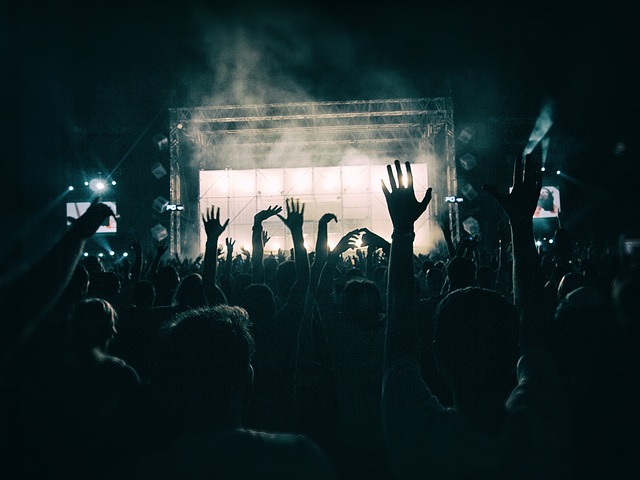
As AI music tools continue to evolve, it’s essential to consider the ethical implications for musicians and the industry as a whole. One primary concern is the potential impact on job security. With advancements in AI, some fear that these tools might replace human musicians, composers, and producers. However, advocates argue that AI can augment creativity, allowing artists to focus more on artistic expression rather than technical tasks.
Looking ahead, the future of AI in music production seems promising yet challenging. The industry must strike a delicate balance between embracing innovation and preserving the authenticity and individuality that make music so powerful. As AI music tools become more sophisticated, musicians and listeners alike will need to adapt to new ways of creating and experiencing music. This shift could lead to exciting creative collaborations and unprecedented musical possibilities but also necessitates thoughtful discussions on ownership, credit, and the preservation of human creativity in an increasingly automated landscape.
Real-World Applications: Success Stories of AI Music Integration
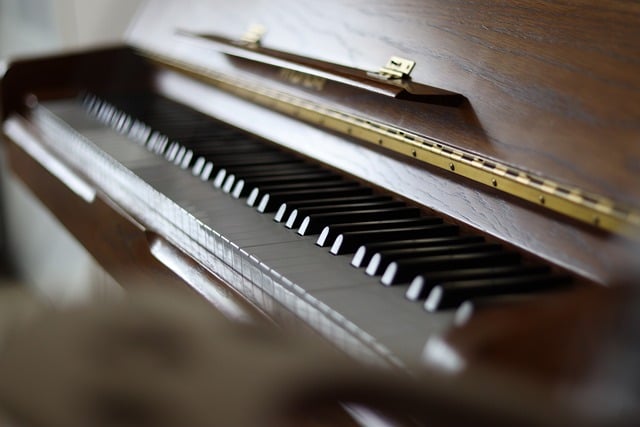
AI music tools have transcended the realm of theory and entered the mainstream, with numerous success stories in the music industry. These tools are revolutionizing the way musicians compose, produce, and collaborate, enabling them to create vibrant, unique sounds that were once impossible or time-consuming to achieve. For instance, many contemporary artists now use AI algorithms to generate melodies, harmonies, and even entire songs, which can then be fine-tuned and personalized to match their artistic vision.
In the world of music production, AI is fostering a new level of creativity. It helps producers automate repetitive tasks, such as noise reduction and audio mastering, allowing them to focus on more complex aspects of their craft. Additionally, AI-powered tools like musical style transfer and automatic song arrangement are enabling musicians to experiment with diverse genres and styles, thereby enriching the global music tapestry. These real-world applications demonstrate that AI music tools are not just experimental technology but powerful assets for musicians and producers alike.
The integration of AI music tools into the creative process is transforming the music industry, offering unprecedented opportunities for musicians and producers. As we’ve explored in this blog, AI algorithms enhance every stage, from composition and mixing to mastering. By understanding these tools and their potential, artists can unlock new avenues for expression and innovation. The future of music production promises a fascinating blend of human creativity and artificial intelligence, where the best of both worlds converge to produce captivating soundscapes.
